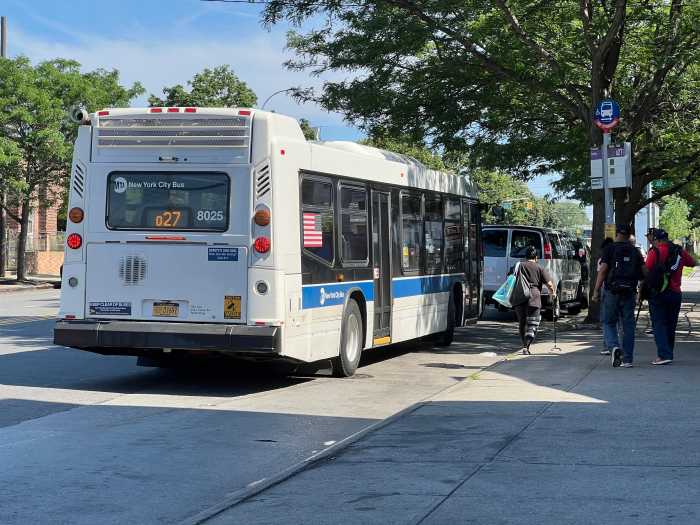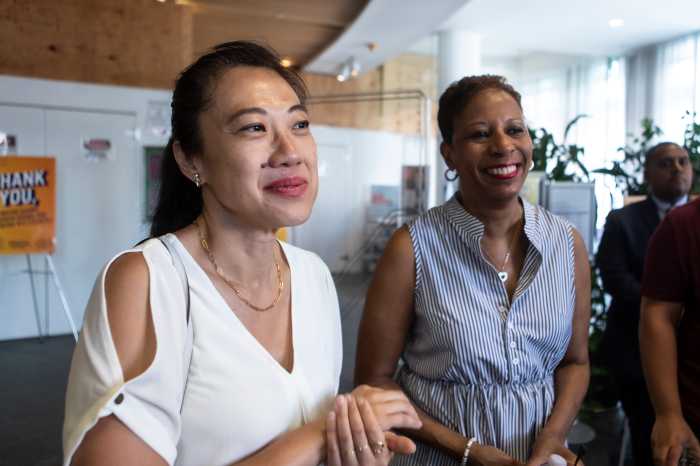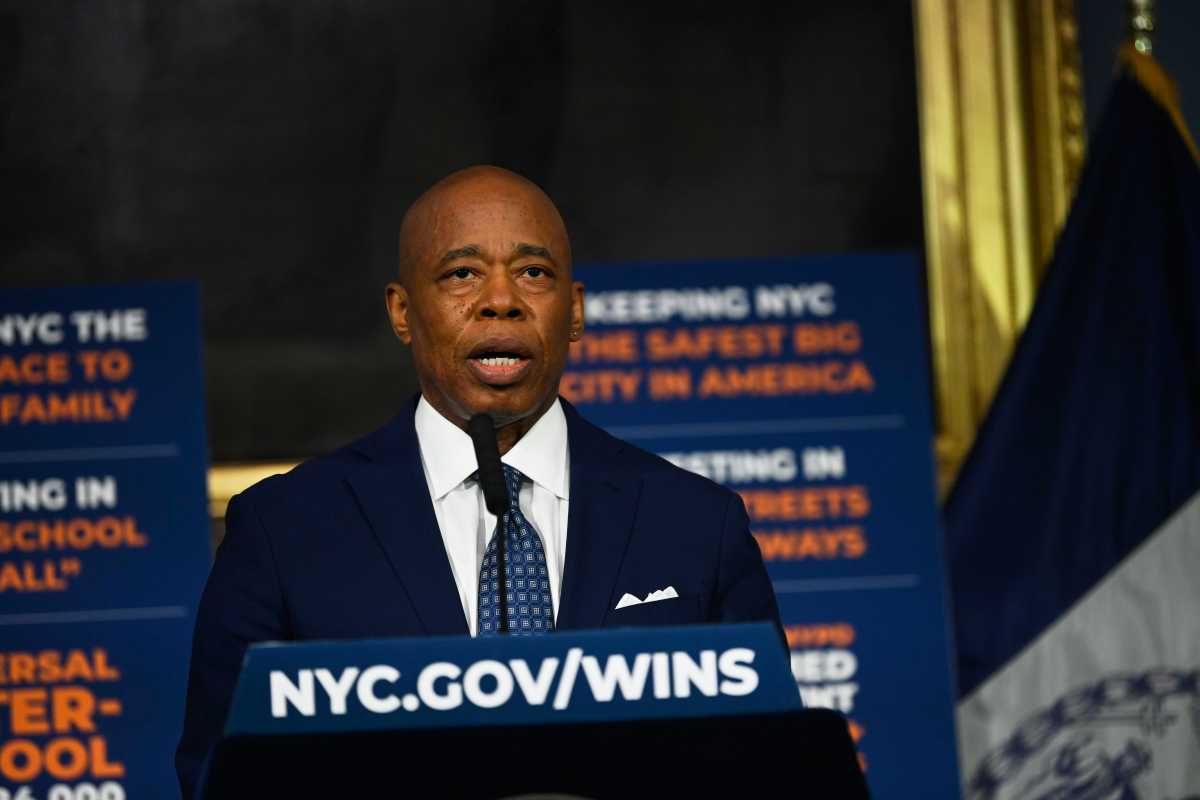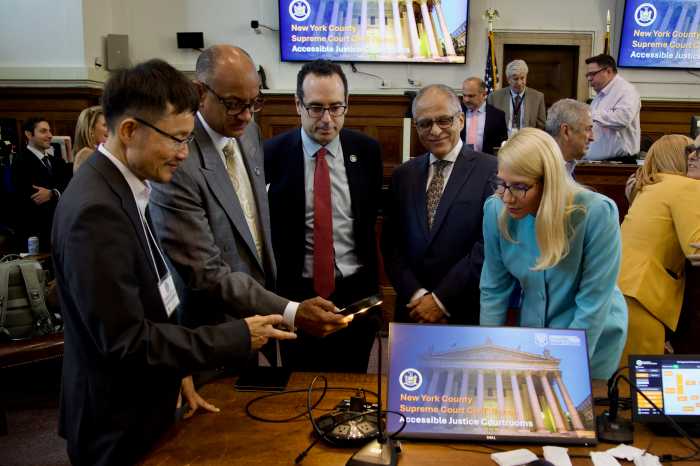By Tom Allon
When my children were enrolled in a private pre-K program more than a decade ago, I used to jokingly — but nervously — wonder out loud why I had to pay more than $15,000 to have my kids learn finger painting.
Of course, this facetious comment was only half true. My children, like many other upper-middle-class kids, were starting structured school programs at the age of 3 — and some even as young as 2.
Their exposure to words, imaginative play, building blocks, rudimentary numbers and, most of all, trained teachers speaking to them for a few hours each day was essential to their early learning.
For decades, our elected leaders have failed to launch what is essentially another grade in the largest school system in the country. Even Florida passed a constitutional amendment in 2002 requiring school districts to offer pre-kindergarten to 4-year-olds. Georgia and Oklahoma were the first states to offer universal pre-K programs.
But in 2014 in New York, the stars finally aligned: a new mayor who made universal pre-K the cornerstone of his education platform was propelled by a governor seeking re-election who found a budget surplus of $340 million for this new, ambitious education program.
In just two weeks, more than 50,000 4-year-olds from around the city will be entering new classrooms with shiny new teachers on an uncharted road. We cannot just be content that universal pre-K exists — we have to begin asking probing questions to ensure that it puts our public education system on the right course.
Are the 2,000 new teachers recruited this year qualified to teach 4-year-olds, a unique skill that does not translate from, say, teaching elementary school? Have they been given the proper training? Will we pay these early childhood teachers enough to attract the best? Will there be a career path so that those who are good will stay and build on their skills each year?
What about the teacher-student ratio — will it be low enough so that these new learners will be given enough individualized and small group attention? More importantly, will they be assigned mentor teachers and given constant professional development to ensure their success?
Why is the student-teacher ratio important? We’ll need a number of trained adults in each room to ensure the staffing is in sync with the ambitions of this new program.
Importantly, what are the parent expectations and how real are they? Pre-k is not kindergarten for 4-year-olds. Parents and the public need to be taught exactly what should be expected.
The mere existence of universal pre-K in New York is a giant step in the right direction. Amid the hue and cry over dismal state test scores for third- and eighth-graders, we now have a new grade being established, which can only be positive.
But along with great opportunity comes great responsibility. We cannot afford to be content with the mere political and budgetary victory accomplished in March.
There is much at stake here.
Our kids can’t wait.
Tom Allon, president of City & State NY, was a Republican and Liberal Party-backed mayoral candidate in 2013 before he left to return to the private sector. Reach him at tallon@cityandstateny.com.





































